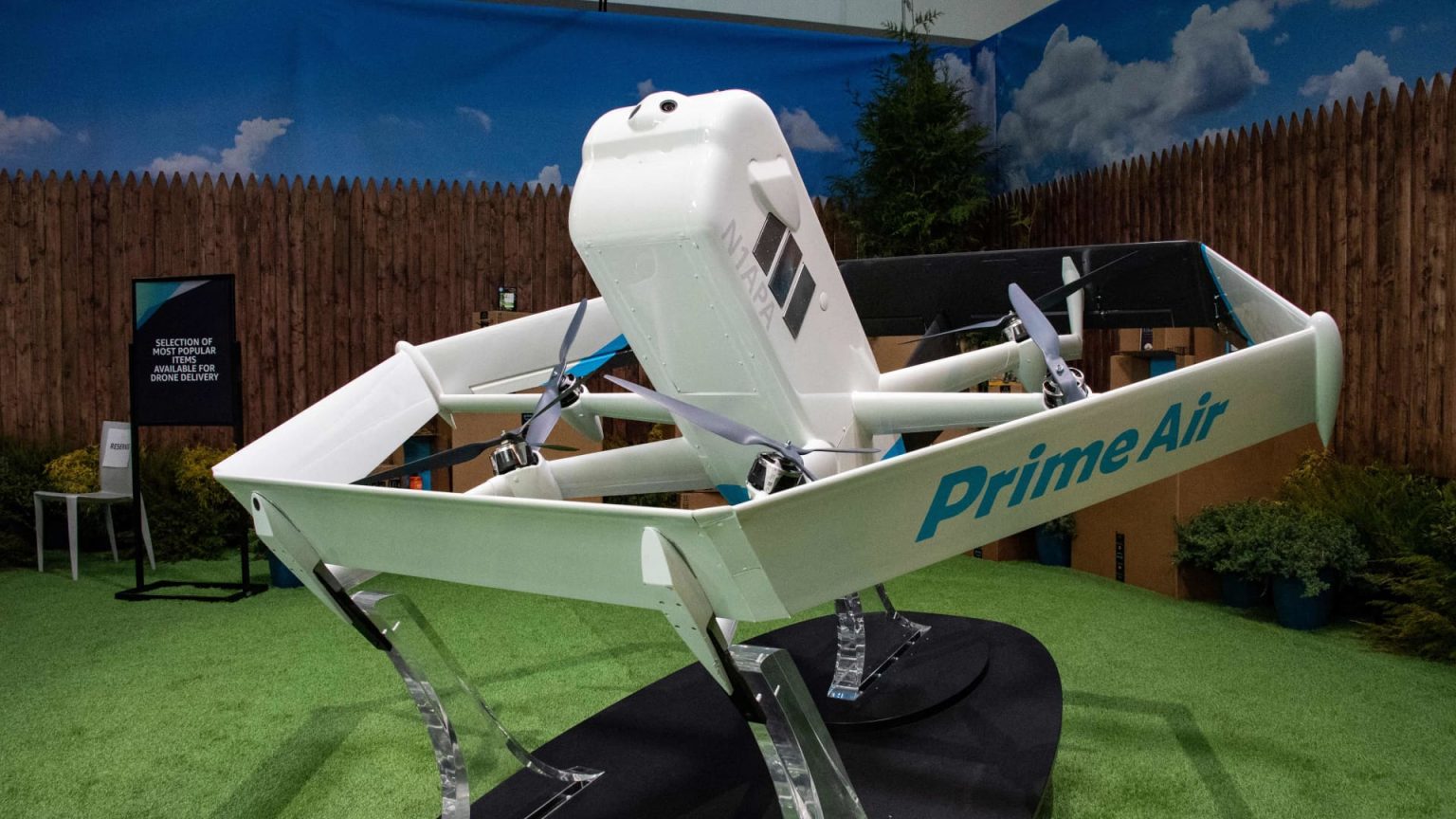John Case, a resident of College Station, Texas, has been hearing Amazon’s Prime Air drones buzzing by as they make deliveries near his home. The drones have been a common sight in the area as Amazon has been testing its delivery services since 2022. However, noise complaints from residents and challenges with regulatory hurdles have slowed down the progress of the ambitious drone program, which was conceived by Amazon founder Jeff Bezos over a decade ago. College Station has been the main testing ground for Prime Air, but other test markets like Lockeford, California, have been shut down by Amazon.
Residents in College Station have expressed concerns about the noise levels of the drones, particularly during take-off and landing. Amazon has proposed increasing the number of daily flights and extending the delivery area, but many residents feel that this would be a significant invasion of their personal space. The city council and local legislators have been approached by residents to intervene in Amazon’s expansion plans due to the disruptive nature of the drones. Tests conducted by city officials revealed that the drones produce noise levels between 47 and 61 decibels, comparable to heavy equipment and chainsaws.
Prime Air is part of Amazon’s efforts to streamline the last mile of delivery by using drones to deliver packages directly to customers’ doorsteps. The company recently received approval from the FAA to fly delivery drones over longer distances without ground observers, a key milestone for the program. However, residents in College Station have likened the sound of the drones to a persistent fly buzzing by their ears, causing disruptions to their daily activities. Despite the potential benefits of drone delivery, residents are concerned about the noise and proximity of the drones to their homes.
Many residents feel that the drones are flying too low over residential areas, impacting their ability to enjoy outdoor spaces and disrupting their daily routines. Amazon has announced plans to introduce a smaller, quieter drone called the MK30, which is expected to reduce noise levels by almost half. However, some residents are calling for Amazon to relocate its drone operation out of their neighborhoods altogether. In response to growing concerns, Prime Air has indicated that it may not renew its lease in College Station and is considering alternative locations for its drone port.
Amazon’s plan to integrate Prime Air into its same-day delivery network instead of building standalone drone facilities may address some of the concerns raised by residents. City council members like Bob Yancy appreciate the convenience of drone delivery but emphasize the need for Amazon to address noise issues and ensure that the drones are not disruptive to residents. Yancy believes that Prime Air has fantastic technology but is located in the wrong place, suggesting that Amazon needs to make the drones less noisy or relocate them to minimize the impact on residents.


